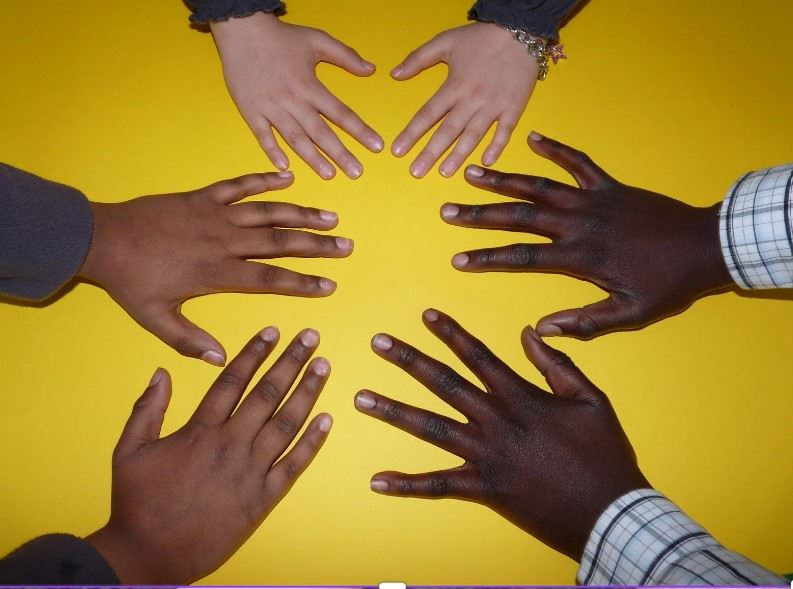 A guest post from members of the planning team for the Pathways to Prevention (P2P) Workshop on Achieving Health Equity in Preventive Services (Antoinette Percy-Laurry, Carrie N. Klabunde, Melissa C. Green Parker, Pamela L. Thornton, LeShawndra N. Price, and Rick A. Berzon) and the ODP’s portfolio analysis team (Charlene A. Liggins and Cristan A. Smith)
A guest post from members of the planning team for the Pathways to Prevention (P2P) Workshop on Achieving Health Equity in Preventive Services (Antoinette Percy-Laurry, Carrie N. Klabunde, Melissa C. Green Parker, Pamela L. Thornton, LeShawndra N. Price, and Rick A. Berzon) and the ODP’s portfolio analysis team (Charlene A. Liggins and Cristan A. Smith)
Chronic diseases such as heart disease, cancer, and diabetes are the leading causes of death, disability, and health care spending in the United States. Many chronic conditions can be prevented, delayed, or caught and treated early. However, despite the progress in research and clinical care, many Americans continue to receive less than recommended preventive health care; this is especially the case for communities that experience a high burden of disparities in chronic diseases. This means not everyone has an equal opportunity to be as healthy as possible. [NIH Office of Disease Prevention]
In 2019, we organized the P2P Workshop: Achieving Health Equity in Preventive Services to assess the state of the science on equity in the use of clinical preventive services and develop a research agenda for moving the field forward.
After the workshop, we brought together representatives from eight NIH Institutes and Offices and seven federal agencies for a Federal Partners Meeting to discuss agency activities and resources relevant to the workshop and create an action plan. Participants identified opportunities for federal agencies to address many of the workshop panel’s recommendations (PDF), organized around four cross-cutting themes:
- Integration of Services and New Delivery Models
- Need for Innovative Methods
- Community Engagement and Systems Approaches
- Workforce and Training.
As we progress through that action plan, we’ve come to recognize that increasing the use of implementation science in the work done by the NIH, our federal partners, and researchers in the field will be a critical part of making progress toward health equity in preventive services.
Why focus on implementation science to improve health equity?
Applying implementation science concepts and methodologies has proven successful in increasing the adoption of many evidence-based practices. Implementation science identifies factors that make it harder or easier to achieve the uptake of evidence-based clinical innovations. We believe that linking health equity research with implementation science offers new possibilities for addressing the workshop panel’s recommendations and improving the use of evidence-based clinical preventive services.
What research is the NIH currently supporting in this area?
To better understand the ways in which implementation science is already being used to advance health equity research—and where it is still lacking—we conducted a brief review of the NIH’s research grant portfolio (PDF) using the NIH RePORTER database.
See full article here>
###
